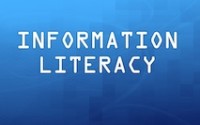
The Spectrum of Learning Analytics
“Learning Analytics” became a buzzword during the hype surrounding the advent of “big data” MOOCs, however, the concept has been around for over two decades. When the first online courses became available it was used as a tool to increase student success in particular courses, frequently combined with the hope of conducting educational research. In […]
















